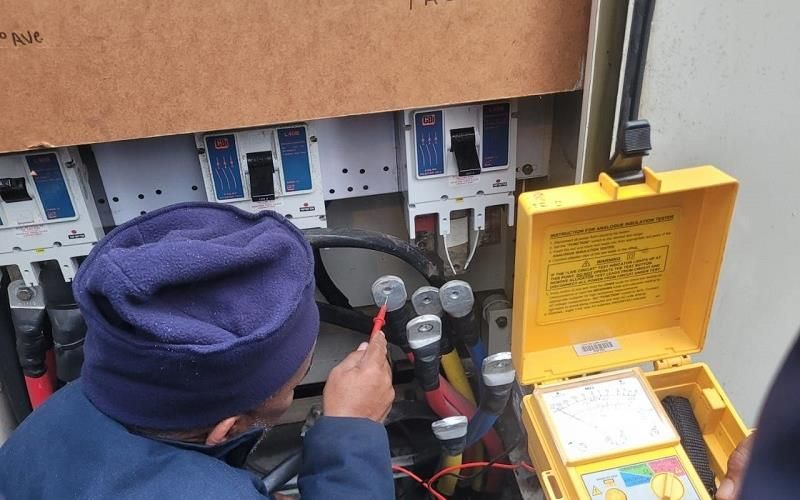The uninterrupted supply of electricity is crucial to maintaining daily life in a city. However, with the increasing incidents of vandalism, theft, and other damaging activities, it has become necessary to safeguard the backbone of urban landscapes. In this article, we discuss the importance of community involvement in this matter.
The Consequences of Electricity Infrastructure Vandalism and Theft
Vandalism and illegal connections have resulted in a rise in power outages, leaving residents without electricity for extended periods. These incidents pose a threat to the safety and stability of the community. It is essential for the general public to identify and report any incidents of electricity infrastructure vandalism and theft to local authorities. By working together, prolonged area outages can be prevented, benefiting everyone involved.
Local Authorities’ Response to Infrastructure Vandalism
In response to the increasing incidents of vandalism and theft, local authorities have deployed Electricity Safety teams in vulnerable communities. This initiative is particularly crucial during higher stages of load-shedding when outages are more frequent.
However, electricity restoration times for cable faults and damaged infrastructure can be challenging to pinpoint. Nonetheless, city teams strive to repair and restore supply as quickly as possible. This task becomes increasingly more achievable with the support and vigilance of the general public.
The Importance of Community Participation
The Electricity Safety teams have become a common sight in communities, particularly around critical power infrastructure. The information provided by the public has proved invaluable in preventing theft and vandalism. The city encourages residents to continue reporting any suspicious activity to both local authorities and the South African Police Service (SAPS).
To enhance the protection of electricity infrastructure, the City’s Energy Directorate has implemented various measures. These include the launch of the Energy Law Enforcement and Technical Unit, prioritizing repairs for extended outage-related faults, and initiating education and awareness drives in communities. Furthermore, additional budget allocations are assigned to bolster law enforcement deployment, enhance security, and increase monitoring.
Incentivizing Community Participation
The city incentivizes public participation by offering anonymous tip-offs and rewards for information leading to arrests. This approach has proven successful in the battle against infrastructure vandalism. A reward of R5,000 is offered to those whose tips lead to the apprehension of perpetrators.
In conclusion, the importance of community involvement in safeguarding a city’s electricity infrastructure is undeniable. By reporting any suspicious activity and assisting local authorities, residents can play a pivotal role in preventing prolonged area outages and ensuring a safer and more stable urban environment.








